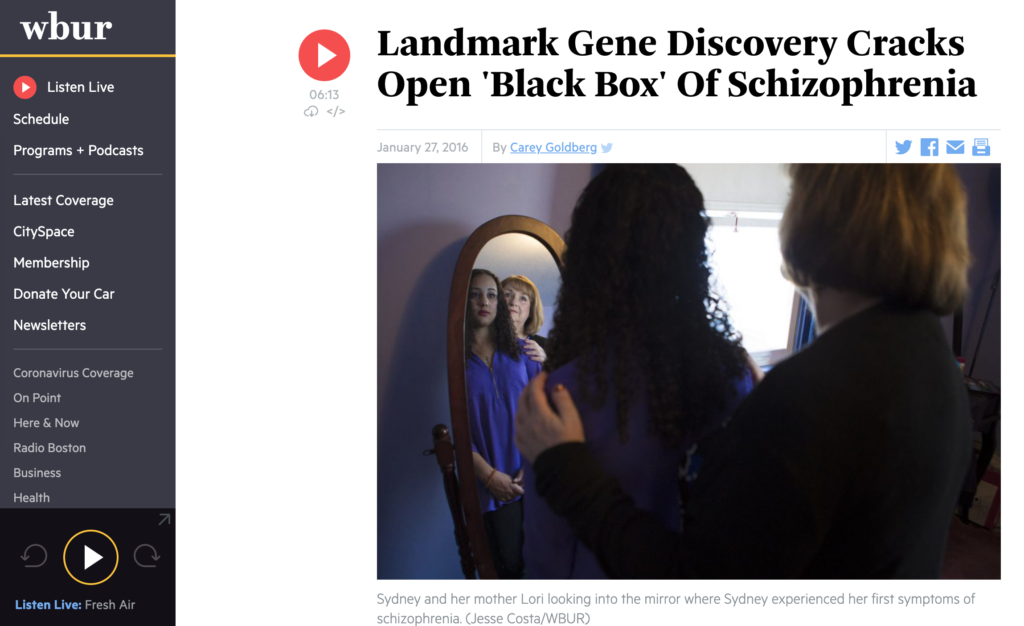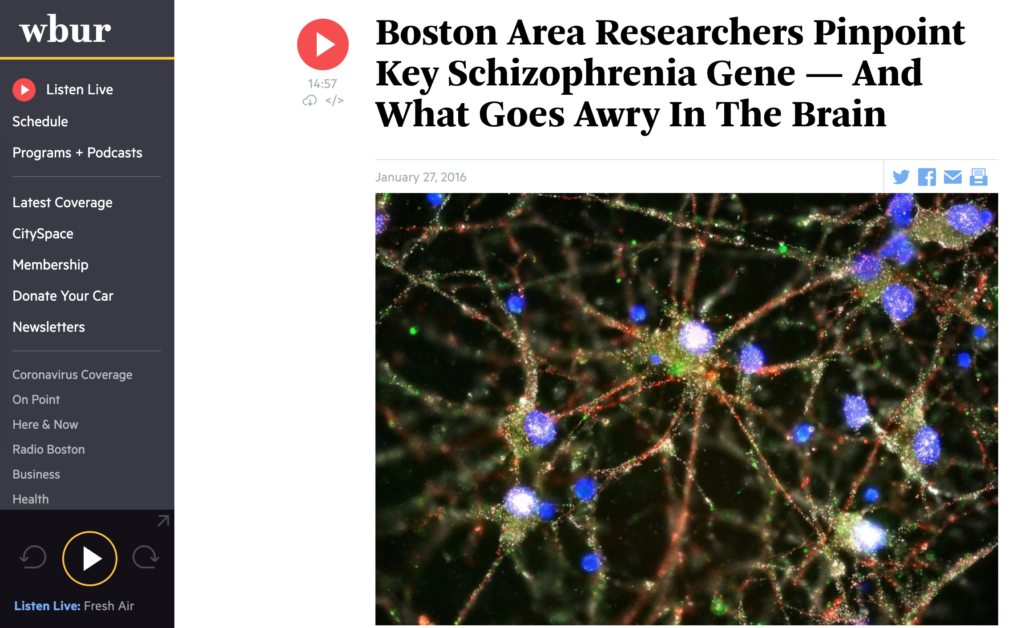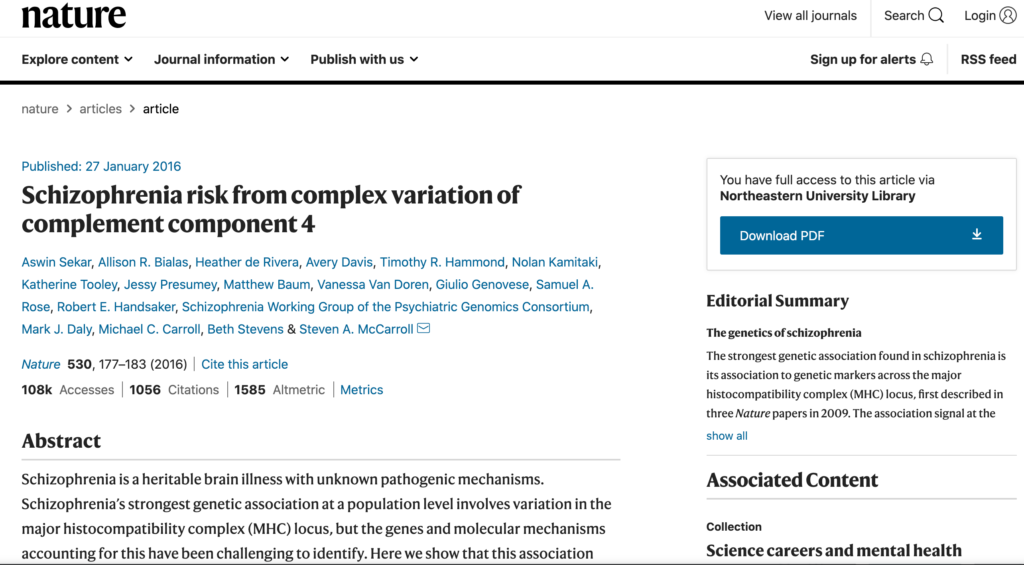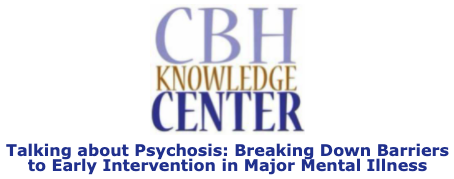Cognitive Enhancement Therapy Around the Beginning of Psychosis and the Next Few Years: An Introductory Workshop for Clinicians
Course Directors: Larry J. Seidman PhD and Matcheri S. Keshavan MD
When and Where: December 4, 2015, Auditorium, Massachusetts Mental Health Center, 75 Fenwood Rd. Boston
*For full details, including accreditation and schedule, please view the EVENT PAMPHLET.
Course Description
This half-day symposium brings together experts to provide state-of-the-art clinical practice applications for cognitive disorders and cognitive enhancement treatments in the early phase of psychotic disorders. Our programs at BIDMC are carrying out a number of research studies testing the effects of computerized cognitive training, and social-cognitive group treatment + computerized cognitive training in persons at clinical high risk and in individuals experiencing their first psychotic episode. Speakers represent clinical research programs in the Boston area and from Chicago. The symposium will advance the knowledge and practice of various mental health practitioners, including psychiatrists, psychologists, neurologists, social workers, nurses, occupational therapists, and other mental health professionals and students from these health professions.
Upon completion of this activity, participants will be able to:
- To provide an overview of the nature of cognition and its impairments in the early phase of psychosis, from the high-risk period through the first few years of illness.
- To provide a summary of the neuroscience principles behind cognitive remediation.
- To provide an overview of different applications of cognitive remediation in the early phase of psychosis including the high-risk period.
Fees: None, this is a free conference supported by the Sidney R. Baer, Jr. Foundation
For additional questions, please contact Jayne-Marie Nova ( jnova2@bidmc.harvard.edu )
Last Updated on Friday, 04 December 2015
